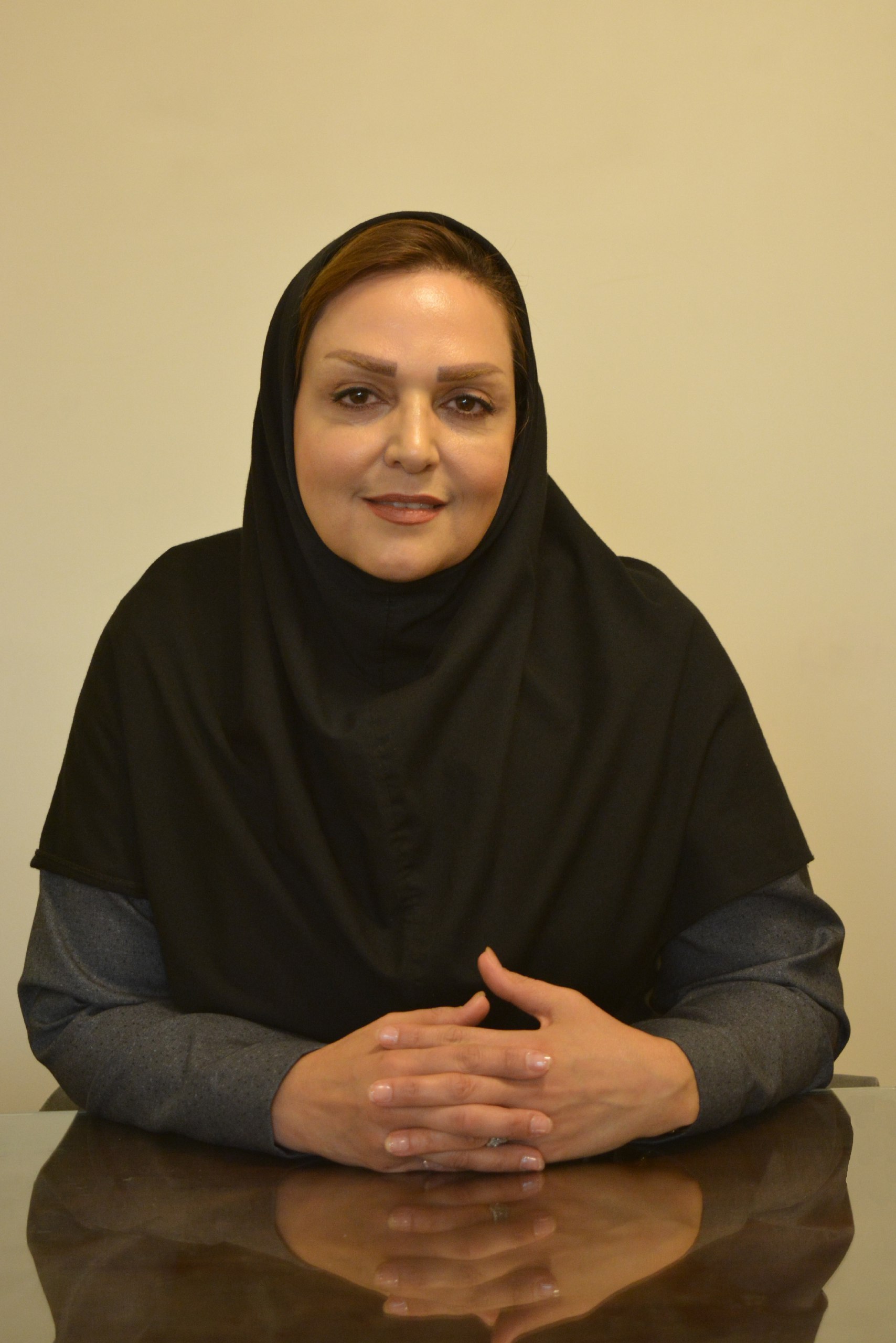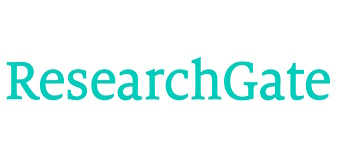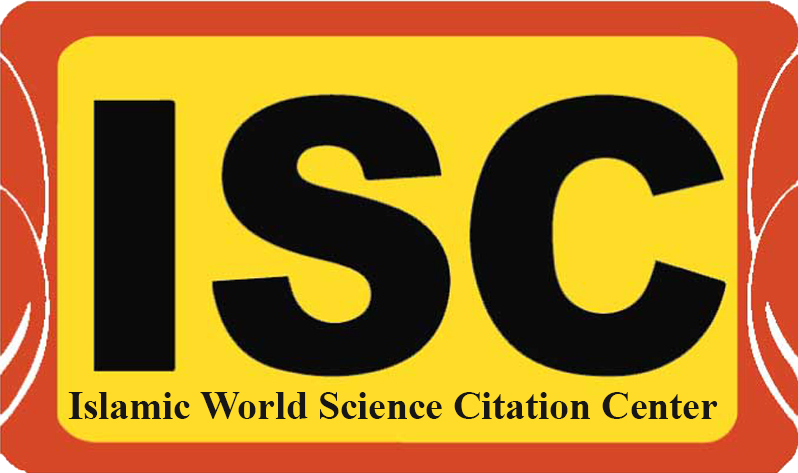The mediatory role of perfectionism in predicting self-esteem based on parenting styles among female students
Keywords:
parenting styles, self-esteem, perfectionismAbstract
Background and Aim: Numerous studies have been conducted on the relationship between parenting styles and self-esteem, while the role of perfectionism has been overlooked as a mediator in predicting self-esteem. Thus, this study aimed at determining the mediatory role of perfectionism in the prediction of self-esteem among female students based on parenting styles. Methods: The present study was the type of descriptive-correlational studies, and the statistical population included the female students of the Azad University of Tonekabon. The sample was composed of 123 female students of the university that were selected by the convenience sampling method. They have responded to the parenting style questionnaire of Baumrind (1972), Coopersmith's (1967) Self-Esteem Inventory, and the perfectionism inventory scale of Hill (2004). The structural equation modeling with SPSS26 and PLS3 software was used to analyze the data. Results: The findings indicated that the structural model of perceived parenting styles along with self-esteem was fitted through the mediation of perfectionism among students. The results stated that all paths were significant except permissive and authoritative paths to self-esteem and the authoritarian path to negative perfectionism. Furthermore, the indirect effect of permissive and authoritative styles of parenting on self-esteem through negative perfectionism, respectively, was -0.223 and -0.207, respectively. And the indirect effect of permissive, authoritative, and authoritarian parenting styles on self-esteem through positive perfectionism was -0.205, -0.204, and 0.261, respectively. The results were statistically significant. Conclusion: According to the findings of the research, it can be concluded that the individual's self-esteem can be predicted through perfectionism and parenting styles
Downloads
Downloads
Published
Issue
Section
License

This work is licensed under a Creative Commons Attribution-NonCommercial 4.0 International License.























